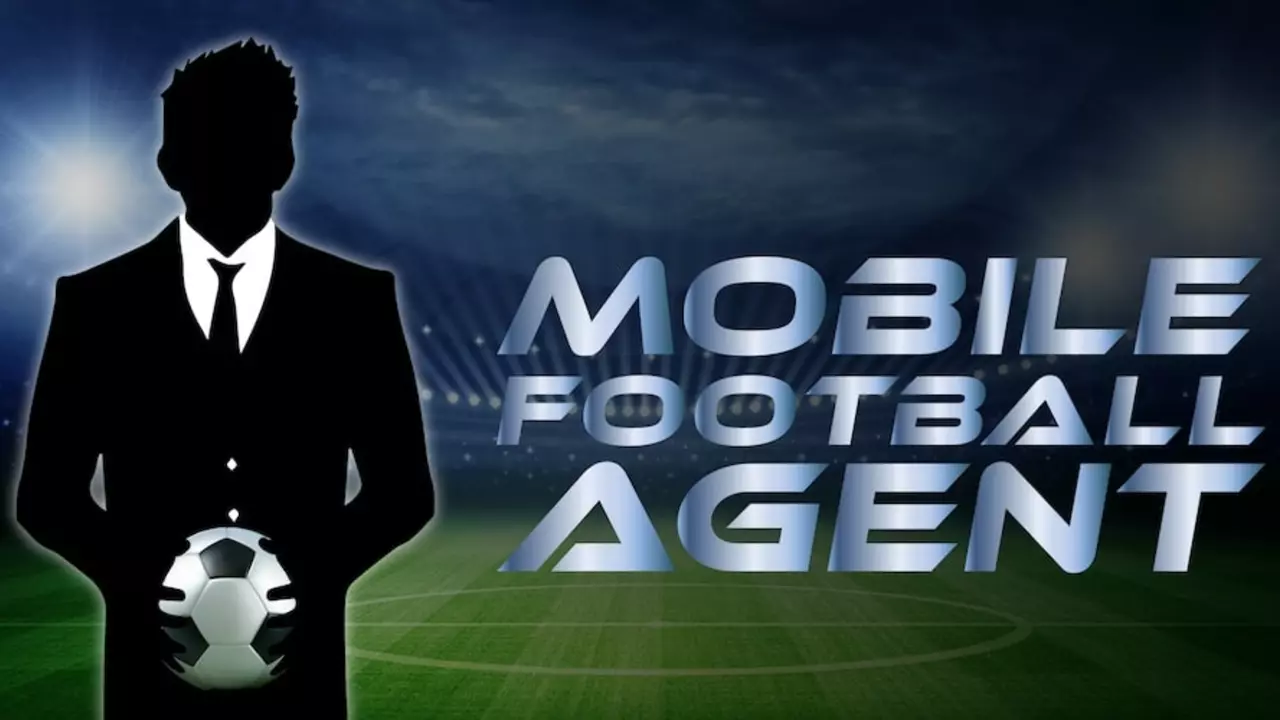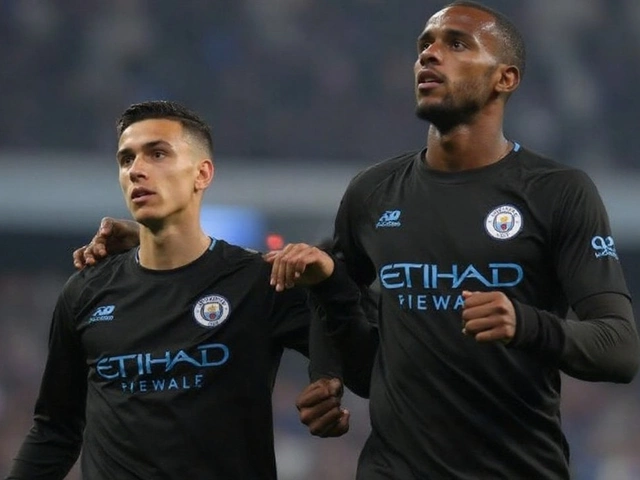Player Representation: The Real Deal Behind Soccer Agents
If you’ve ever wondered why every top player has an agent, you’re not alone. In plain terms, a player‑representation agent is the go‑to person who looks after a player’s career, from contract talks to sponsorship deals. They’re not just salespeople; they’re the legal and business side of a footballer’s life.
First off, an agent’s main job is to negotiate the best possible contract for the player. That means scouting club offers, comparing salaries, bonuses, playing time guarantees, and release clauses. A good agent knows the market, so they can push for a deal that reflects a player’s real value. Without that expertise, a player could sign a contract that looks good on paper but leaves them stuck with a low wage or limited playing opportunities.
Why Players Need an Agent
Imagine trying to read through a 30‑page contract while also focusing on daily training. It’s overwhelming. Agents break down the legal jargon, point out hidden clauses, and make sure the player’s interests stay front‑and‑center. They also handle off‑field matters like image rights and endorsement deals, which can add a massive boost to income.
Beyond money, agents protect a player’s reputation. If a club tries to force a transfer that doesn’t fit a player’s career plan, the agent can negotiate a better move or even walk away from the deal. This safeguard keeps a player’s long‑term goals in focus, rather than being swayed by a short‑term payday.
Choosing the Right Agent
Not all agents are created equal. Look for someone with a solid track record in the specific league or region you play in. A local agent may have stronger connections with clubs in that area, while an international agency might open doors to bigger markets.
Ask for references, check their licensing status, and be clear about fees. Most agents work on a commission—typically 5‑10% of the contract value—so a higher fee doesn’t automatically mean better service. Transparency about costs and expectations is key.
Another tip: keep communication open. Your agent should be reachable, answer your questions promptly, and explain every step in the process. If you feel left in the dark, it’s a sign to look elsewhere.
Finally, read the contract that outlines your relationship with the agent. It should detail scope of work, duration, and termination clauses. Knowing when you can part ways protects you if the partnership isn’t working.
In short, player representation is the safety net that lets footballers focus on the game while the business side gets handled by experts. Whether you’re a teenager breaking into a youth academy or a seasoned pro eyeing a new club, a trusted agent can make the difference between a good deal and a great one.
Got more questions about agents, contracts, or how to pick the right partner? Drop a comment below—you’re not alone in figuring this out, and we’re here to help you get the best out of your soccer career.



